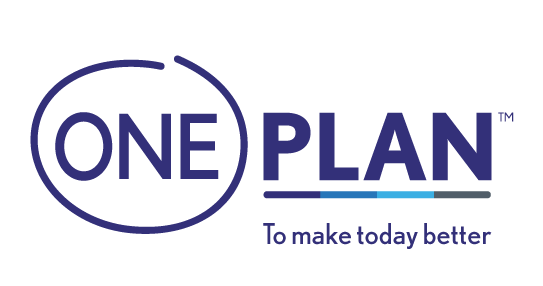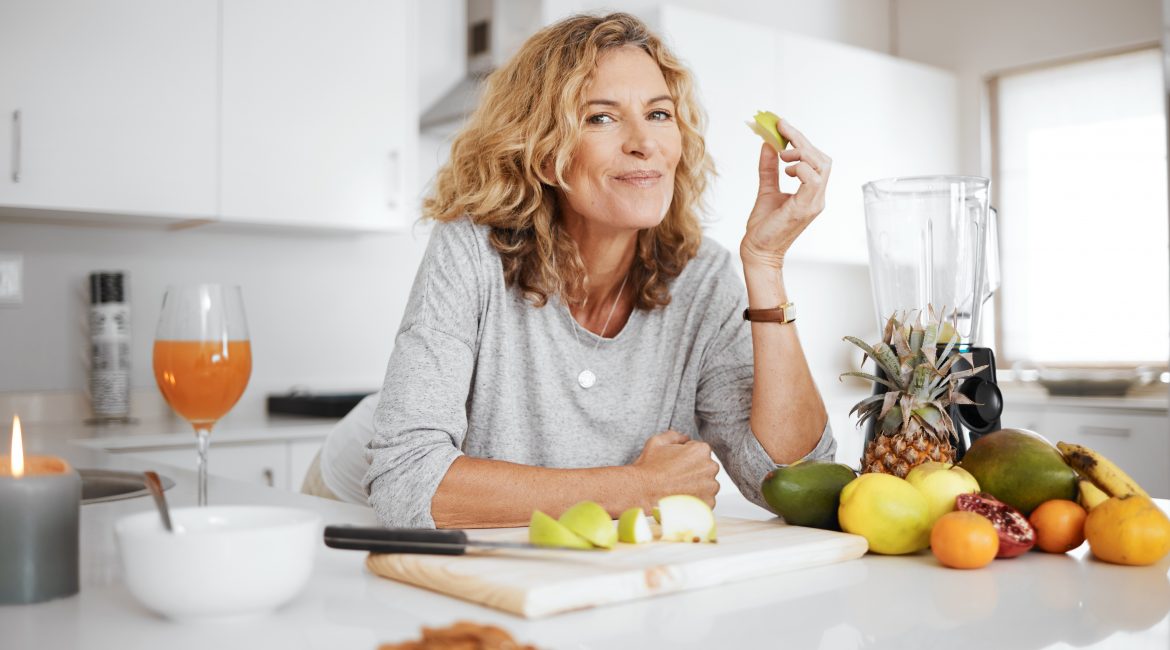You have a lot on your plate – and you deserve to add a whole lot of nutritious meals to it!
Every day, our body lets us do the things we love. It carries us through the day, takes us on adventures and helps us reach new goals. It also lets us enjoy delicious food (which we think takes the cake).
Whilst our body loves food, it doesn’t know the difference between nutritious food or junk food before it reaches the stomach. When you’re hungry, your body doesn’t discern between the gluten-filled meal or the leafy green harvest table, but your mind does. Your body only feels the repercussions later – low energy, bloating, irritability. Your mind should be able to remember what foods make you feel good, and which ones drain you.
If you’re on a journey towards better health, your diet is the axis it all pivots around. You can be doing all the burpees in the world but if you aren’t putting vibrant, nutritious foods into your body then you’re wasting your time.
Vitamins and nutrients for women
Iron
Women between the ages of 14 and 50 need more iron than their male counterparts. This is an essential vitamin for women because it reduces the risk of anaemia, AKA iron deficiency. Anaemia can lead to hospitalisation in dire cases.
Anaemia also presents itself in the form of fatigue, irritability, fainting and weakness. If you’re pregnant, low iron can cause low-birth-rate babies. It’s easy to get tested for, it’s a simple prick of the finger at your doctor or nearest clinic.
Foods you should be eating
To stave off iron deficiency, make sure you’re pumping it into your diet. Lean red meat, chicken livers and lamb are your meat options. Fish like salmon and tuna are great, too. If you don’t eat meat and rely on plants for iron, make sure that you’re eating your left iron sources like spinach, legumes and grains alongside a dose of Vitamin C to aid absorption.
Calcium
Because women are at risk of low bone density and osteoporosis as they get older, it’s vital to incorporate calcium into your diet. It is recommended that you aim for a minimum of 1,000 milligrams of calcium per day. If you’re older than 51, you should aim for 1,200 milligrams.
Foods you should be eating
Calcium comes from dairy, but it’s important to keep it low fat if this is your main source. Broccoli, kale, and other dark leafy greens contain calcium. Nuts, chia seeds and dried figs will also do the trick.
Protein
You can’t get through the day without protein. It is essential to our strength and energy and should be included in every meal: breakfast, lunch and dinner. Protein helps to keep your body satisfied to stave off any low-energy cravings like sugary snacks.
Foods you should be eating
Beans, peas and lentils are all plant-based proteins that fit well into any meal. You should also cook with ingredients like eggs, tuna and avocado. Lean protein comes from steak, chicken breasts and salmon and can also be found in fruits like blueberries.
Carbohydrates
Carbs, glorious carbs. Of course, they’re on the list! When chosen correctly, carbohydrates can be the ultimate fuel you need. Carbohydrates boost your immunity, enhance brain function and stabilise blood sugar.
Foods you should be eating
Of course, you need to be careful that you aren’t filling your body with carbs that don’t give you energy or nutrients. Because carbs are high in calories, you don’t want to eat too many empty calories (calories that don’t give you sustainable energy and that quickly turn to fat). These would include white rice, cereals, processed foods and white bread.
Instead, include more complex carbohydrates like sweet potato, apricots, macadamia nuts and brown rice. Seeds and whole grains are also easy ones to throw into the mix.
Folic Acid
Folic acid is something people forget about – but it is important for women’s health specifically. Folic acid and iron are quite closely linked because folic acid helps the body to absorb iron more easily. Sometimes low folic acid is misdiagnosed as an iron deficiency.
For moms to be, folic acid is recommended to ensure a healthy first trimester. Folate deficiency is linked to premature births, neural tube defects and low infant birth rates. Folate and folic acid are also known to boost fertility.
Read more: What’s The Deal with Cravings During Pregnancy?
Foods you should be eating
We would recommend that you incorporate a folic acid multivitamin into your daily routine on top of eating folate-rich foods. Leafy greens like spinach are always a good idea. Broccoli, asparagus and arugula are also yummy options.
Eat well to be well
At the end of the day, we’re all responsible for how well we treat our bodies. You need to think of the long term: do you want to be comfortable and mobile in your future body? Then be mindful of what you put inside of it.
Another great way to take responsibility for your health and empower yourself as a woman is to get health insurance that gives you access to quality healthcare so that you’ll never have to compromise on your health for the sake of affordability.
Oneplan (that’s us) not only lets you visit any doctor of your choice, but we also pay you on your Onecard BEFORE you see the doctor so that you have the funds ready and available when you need them.
You can find out everything you need to know about Oneplan Health Insurance here, or get a quick and easy online quote here.
Happy Women’s Month!
Your Health Insurance Family,
Oneplan




